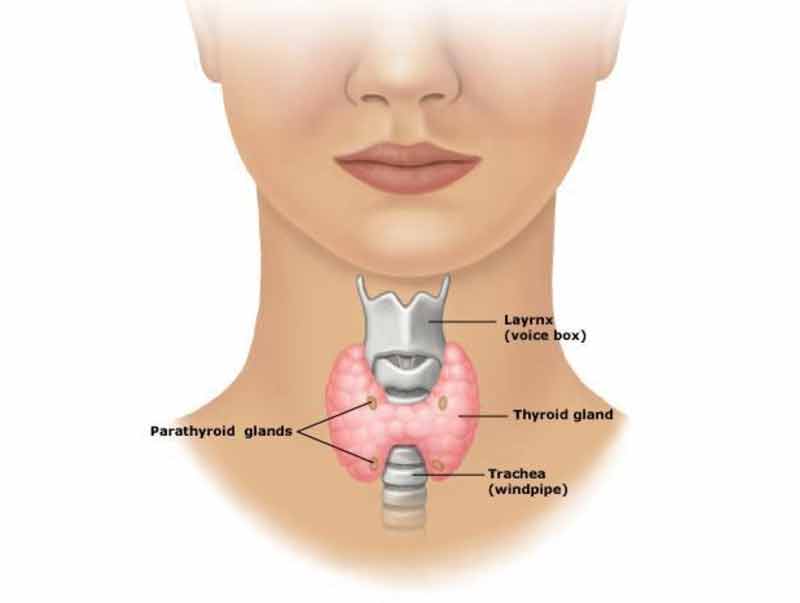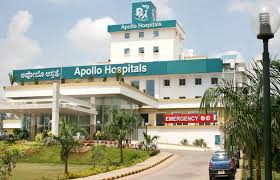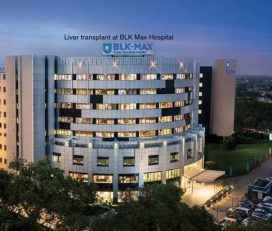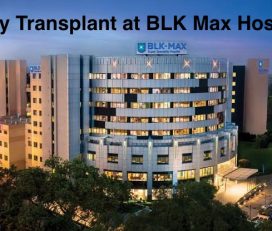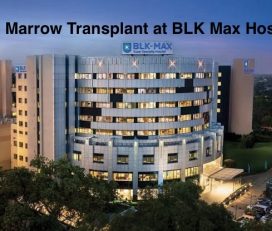How do I prepare for my thyroidectomy?
You’re a vital part of your own health care team. The steps you take before surgery will improve your comfort and outcomes.
You should brace yourself for a thyroidectomy by:
Answer all questions about your medical history and your drugs. That includes prescriptions, over-the-counter remedies, herbal therapies, and vitamins. It’s a good idea to keep an up-to-date record of your medical conditions, medications, and allergies at all times. Get preoperative testing as directed. Testing varies depending on your age, your health, and your particular technique. Preoperative testing can include chest X-rays, other imaging studies, fine-needle biopsy, swallowing, bronchoscopy (windpipe assessment), versatile laryngoscopy (vocal cord assessment), blood tests, and other tests as required. Losing extra weight prior to surgery via a balanced diet and exercise schedule.
Not to eat or drink before surgery as directed. Your operation can be postponed if you eat or drink too close to the start of surgery and you can choke your stomach during anesthesia.
Stop smoking as soon as possible. Even stopping for a few days can be helpful and can aid the healing process.
Taking or stopping drugs exactly as instructed. This could involve not taking aspirin, ibuprofen (Advil, Motrin), or blood thinners. You will still need to take thyroid or iodine medications a few weeks before you have a thyroidectomy.
What are the risks of Thyroidectomy surgery?
There are three major threats of complete thyroidectomy.
Recurrent laryngeal nerve injury: this nerve controls the vocal cords and, if you are injured, you will have a hoarse voice. There is a 1% risk of permanent hoarseness and a 5% chance of temporary hoarseness (<6months).
Low Calcium Blood: There are parathyroid glands behind your thyroid gland that help regulate your blood calcium levels. If they are injured or removed (may lie inside the thyroid gland) during your surgery, your blood calcium may be too poor.
This will include the addition of calcium and vitamin D. There is a 1% risk of permanent calcium supplementation and a 5% chance of temporary calcium supplementation.
Bleeding: There is a 1/300 chance of bleeding from the surgery. This is the primary reason why you stay overnight in the hospital.
What medications will I be taking after my Thyroidectomy surgery?
If you have undergone a complete thyroidectomy, you will need to take the thyroid hormone (Levoxyl or Synthroid) for the rest of your life, because you no longer have the thyroid gland to supply the hormone you need. Thyroid hormone has a long half-life and it takes about 6-8 weeks to start or adjust your dose and decide whether you need to change your dosage. In general, if you have the right dose, you stay at the same dose for life. If you become pregnant, the dosage is more likely to need to be increased. Your thyroid hormone control is conducted by your endocrinologist or primary care physicist via a blood test (TSH).
What is the Thyroidectomy surgery Success rate in Bangalore?
The entire thyroid (total thyroidectomy) was removed in 40% of patients, with the remaining patients receiving thyroid operations that removed less than the total thyroid gland (partial thyroidectomy). One-third of the patients had thyroid surgery for thyroid cancer.



